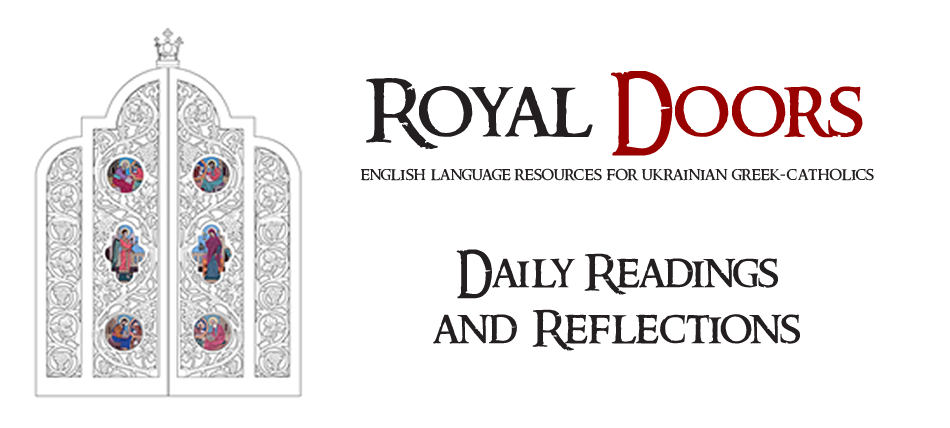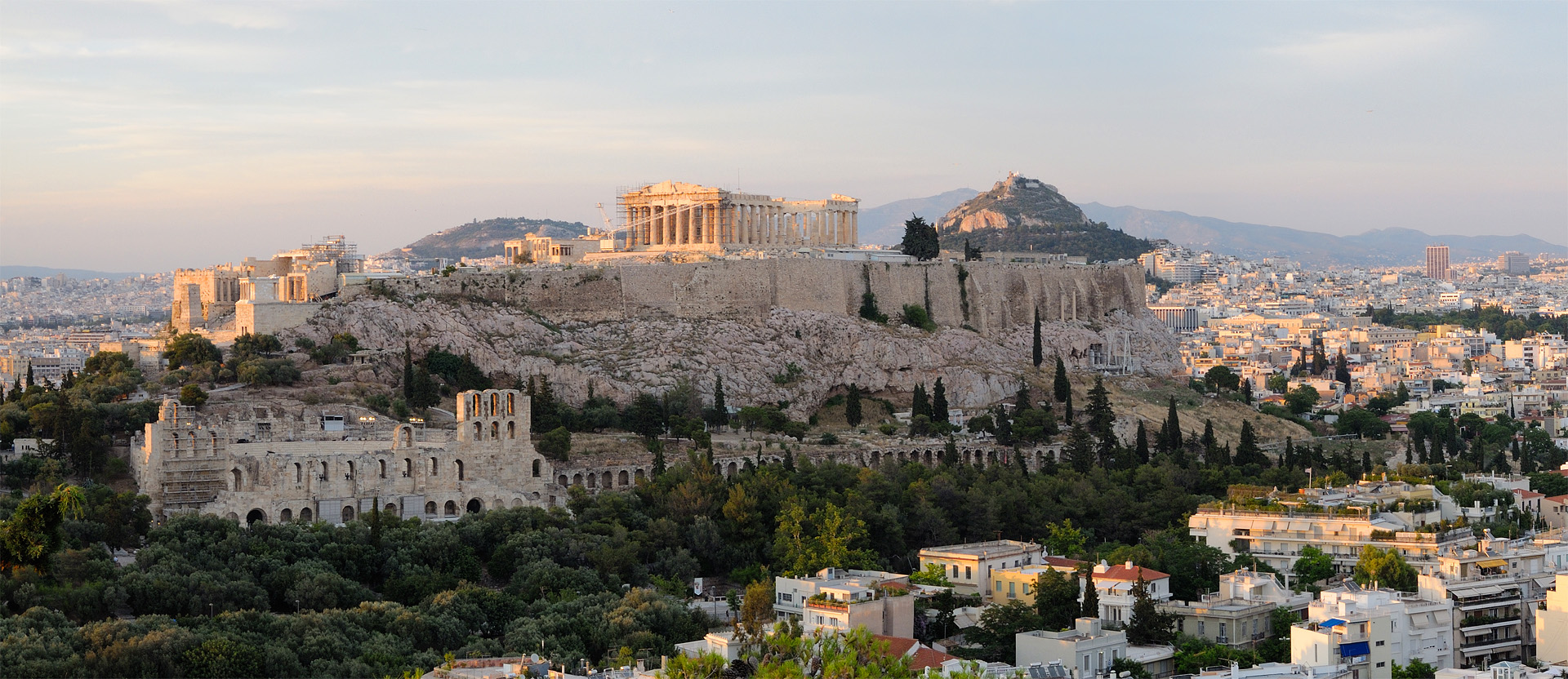When we read the Acts of the Apostles we may feel that the apostles had success after success. That wasn’t always the case. St Paul had the following experience in Athens, the intellectual capital of the Greek world, recorded in Acts 17:16-34. He was waiting for Silas and Timothy to rejoin him and continue their journey when, as the Scripture says, “…his spirit was provoked within him when he saw that the city was given over to idols.Therefore he reasoned in the synagogue with the Jews and the Gentile worshippers, and in the marketplace daily with those who happened to be there” (v. 16, 17).
There, we are told, he encountered some Epicurean and Stoic philosophers. “And some said, ‘What does this babbler want to say?’ Others said, ‘He seems to be a proclaimer of foreign gods,’ because he preached to them Jesus and the resurrection” (v. 18). Epicureans believed in a form of materialism, denying any kind of “divine intervention” in the world. Stoics believed that the universe itself is god and its principles can be discerned by human reason.
These philosophers took Paul “…and brought him to the Areopagus[public square], saying, ‘May we know what this new doctrine is of which you speak?For you are bringing some strange things to our ears. Therefore we want to know what these things mean.’ For all the Athenians and the foreigners who were there spent their time in nothing else but either to tell or to hear some new thing” (v. 19-21).
The “Unknown God”
The Scripture reports what Paul told them: “Then Paul stood in the midst of the Areopagus and said, ‘Men of Athens, I perceive that in all things you are very religious for as I was passing through and considering the objects of your worship, I even found an altar with this inscription:To the unknown God. Therefore, the One whom you worship without knowing, Him I proclaim to you” (v. 22, 23).
Were the Athenians afraid of not honoring some god and thereby incurring his or her wrath? It seems that with this altar they were covering their bases.
Paul then tried to present the Gospel to them by refuting idolatry. “God, who made the world and everything in it, since He is Lord of heaven and earth, does not dwell in temples made with hands. Nor is He worshiped with men’s hands, as though He needed anything, since He gives to all life, breath, and all things. And He has made from one blood every nation of men to dwell on all the face of the earth, and has determined their pre-appointed times and the boundaries of their dwellings, so that they should seek the Lord, in the hope that they might grope for Him and find Him, though He is not far from each one of us; for in Him we live and move and have our being, as also some of your own poets have said, ‘For we are also His offspring.’
“Therefore, since we are the offspring of God, we ought not to think that the Divine Nature is like gold or silver or stone, something shaped by art and man’s devising” (v. 24-29). Many Greeks would have agreed with Paul, seeing images of the gods as symbols at best. But he soon lost them when he said, “Truly, these times of ignorance God overlooked, but now commands all men everywhere to repent, because He has appointed a day on which He will judge the world in righteousness by the Man whom He has ordained. He has given assurance of this to all by raising Him from the dead.’
“And when they heard of the resurrection of the dead, some mocked, while others said, ‘We will hear you again on this matter.’“So Paul departed from amongthem.However, some men joined him and believed, among them Dionysius the Areopagite, a woman named Damaris, and others with them” (v. 30-34).
The Wisdom of the Wise
Paul was not very successful in Athens. When he had tried to use “wisdom of words” with the Greek philosophers, he had not succeeded.Perhaps it was the memory of this experience which prompted St Paul to write to the Corinthians, “For Christ did not send me to baptize, but to preach the gospel, not with wisdom of words, lest the cross of Christ should be made of no effect” (1 Corinthians 1:17).
St Paul came to make the cross the center of his message, as he indicated to the Corinthians, “For the message of the cross is foolishness to those who are perishing, but to us who are being saved it is the power of God. For it is written: “I will destroy the wisdom of the wise, and bring to nothing the understanding of the prudent.”
“Where is the wise? Where is the scribe? Where is the disputer of this age? Has not God made foolish the wisdom of this world? For since, in the wisdom of God, the world through wisdom did not know God, it pleased God through the foolishness of the message preached to save those who believe. For Jews request a sign, and Greeks seek after wisdom; but we preach Christ crucified, to the Jews a stumbling block and to the Greeks foolishness, but to those who are called, both Jews and Greeks, Christ the power of God and the wisdom of God. Because the foolishness of God is wiser than men, and the weakness of God is stronger than men” (1 Corthians 1:18-25).
The Weakness of God?
By ordinary standards, Jesus was a failure. He had been proclaiming that the kingdom of God was at hand but He ended up as a disgraced criminal. Unlike other condemned agitators, however, He did not revile His accusers or curse those who condemned Him to death. Rather He prayed for their forgiveness. He responded like the Son of the God who is love and compassion which He is.
The Lord Jesus proclaimed the message that, above all else, God is love. He proclaimed it, not just in words but by the way He responded to His enemies: in compassion and forgiveness rather than judgment and condemnation. His “weakness” became our strength and our glory.
Over the next few centuries the lesson of the cross – the weakness of God – began to defeat the Greek philosophers. Eventually leading figures, army officers and even philosophers like St Justin accepted the way of Christ, which led many to crosses of their own. The “weakness of God” triumphed, not by clever words but by the senseless sufferings the martyrs endured in the spirit of Christ. As the third-century North African Tertullian wrote, “The blood of martyrs is the seed of the Church,” as their peaceful acceptance of suffering led to the conversion of many.
St Dionysius – October 3
“… that Areopagite, named Dionysius, who was the first to believe after Paul’s address to the Athenians in the Areopagus (as recorded by Luke in the Acts) is mentioned by another Dionysius, an ancient writer and pastor of the church in Corinth, as the first bishop of the church at Athens.”
Eusebius, History of the Church iii
O holy hieromartyr Dionysius, master of gentleness, measured in all things, clothed with a straight conscience as befits a priest, you drew ineffable truths from the Vessel of Election. You have kept the faith and completed a course equal to his. Intercede with Christ God that He may save our souls.
Troparion
Source: Eparchy of Newton

